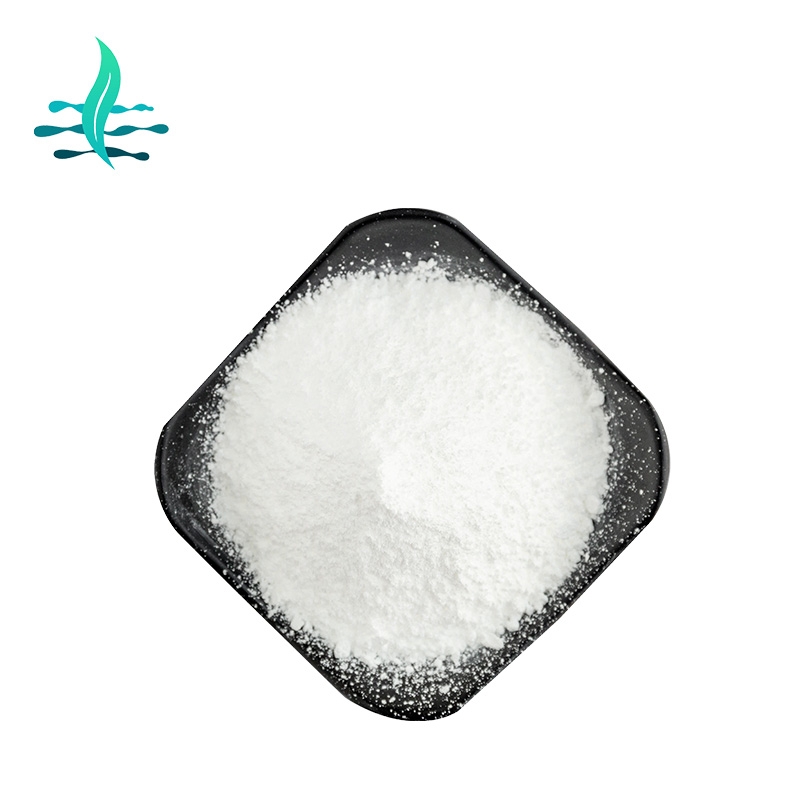Roger kongberg's way of enzyme
-
Last Update: 2007-02-05
-
Source: Internet
-
Author: User
Search more information of high quality chemicals, good prices and reliable suppliers, visit
www.echemi.com
Recently, a southern weekly published an article against anti pseudoscience, claiming that the society of anti pseudoscience should fight against technological innovation For example, "last year's Nobel Prize in chemistry was awarded to two American scientists who study RNA When RNA research entered the country in the late 1990s, Fang Zhouzi criticized it vigorously by some academic authorities in the United Nations, saying" RNA level research " "It's" fabrication, "" fantasy, "and" bluffing "that have strangled China's RNA research in the bud." This really makes me laugh and cry Not only is this case a pure fabrication, but also I have done the so-called "RNA level research" myself I was once the only Nobel Prize winner in chemistry last year, a colleague of Professor Roger kongberg of Stanford University in the United States, and I met him In the early 1990s, when I was studying for a Ph.D in biochemistry in American universities, it was also the most popular time to study eukaryotic transcription Organisms in the world can be divided into two categories: bacteria, cyanobacteria and other low-level organisms, whose cells do not have real nuclei, are called prokaryotes, while other organisms with real nuclei are collectively referred to as eukaryotes, including humans Transcription is one of the most basic life phenomena It refers to the transfer of genetic information from DNA to RNA, that is, how to use DNA as a template to synthesize RNA Why does every cell in the human body contain the same set of genomes, but there are different shapes and functions? This is related to the regulation of transcription process Cancer, metabolic diseases and other diseases are also related to abnormal transcription The transcription process of prokaryotes is relatively simple, which is generally completed by an RNA polymerase and a transcription factor In the 1970s and 1980s, the research on prokaryotes has been more thorough, so we began to turn to the research on eukaryotes which are more closely related to our health At this time, the situation becomes extremely complicated Not only are RNA polymerases of eukaryotes much more complex than those of prokaryotes, but also their transcription process needs the participation of many protein factors There are about 60 kinds of known transcription factors, the most important of which are 5 kinds of universal transcription factors One of them was first discovered by my tutor and was also my research topic at that time What are the structures and functions of these factors, and how do they interact with each other? Obviously, to elucidate such a complex phenomenon requires the cooperation of many laboratories I have the honor to witness and participate in how this huge mystery is gradually solved, and how the wrong understanding is put forward and quickly corrected The research results are almost changing with each passing day I remember that at that time, science asked academic authorities to predict the progress of science and technology in the 21st century Many people mentioned that the mystery of eukaryotic cell transcription would be solved In fact, shortly after entering the 21st century, the mysteries of this phenomenon have been basically figured out Now that the research is so important, it's only a matter of time before Nobel laureates emerge from it There are about four or five leading figures in this field, and we students sometimes compete for which three will be selected by the Nobel Committee So, when I heard that the Nobel committee finally decided to let Roger kongberg alone represent "one of the most active research fields in chemistry and molecular biology today" (kongberg's award-winning speech), I felt a little surprised I couldn't help wondering whether it was related to the influence of his father Arthur kongberg He was also a professor at Stanford University and won the Nobel Prize in physiology or medicine as early as 1959 I also met old kongberg I met with little kongberg at the academic conference, and old kongberg came to our department one year to give academic reports I happened to be assigned by the Department to play the slide show Old kongberg is studying another basic life phenomenon: the replication of genetic information, that is, what kind of enzyme is replicating DNA In 1958, he published a paper report that he found, isolated and purified an enzyme from E.coli, DNA polymerase, which can synthesize DNA, and successfully synthesized DNA with the enzyme outside the cell A year later, the Nobel Prize Committee recognized the discovery of old kongberg with unprecedented speed: in 1959, old kongberg shared the Nobel Prize in physiology or medicine with his former mentor, Severo Ochoa, for discovering the enzyme synthesis of DNA, while Ochoa won the prize for discovering the enzyme synthesis of RNA The award was given in a hurry Ten years after old kongberg won the prize, it was known that the DNA polymerase he found was not the enzyme that bacteria really use to copy DNA, but another newly discovered enzyme, DNA polymerase III, performed this task in cells Old kongberg's enzyme (named DNA polymerase I) only plays a repair role in DNA replication (however, this enzyme later played a huge role in molecular biology research and genetic engineering) It is gratifying to old kongberg that the new enzyme was discovered by his second son, Thomas kongberg, while studying at Columbia University Thomas is now a professor of Biochemistry at the University of California, San Francisco His wife was his experimental assistant, and together they found more than 100 enzymes involved in metabolism His autobiography has a proper title called love for the enzyme It is not by chance that his son can inherit and carry forward his father's career They have been brought to the laboratory by old kongberg since childhood to participate in simple experiments As Roger kongberg said, scientific rationality has become their second nature Maybe old kongberg should write another autobiography, entitled "home of enzymes".
This article is an English version of an article which is originally in the Chinese language on echemi.com and is provided for information purposes only.
This website makes no representation or warranty of any kind, either expressed or implied, as to the accuracy, completeness ownership or reliability of
the article or any translations thereof. If you have any concerns or complaints relating to the article, please send an email, providing a detailed
description of the concern or complaint, to
service@echemi.com. A staff member will contact you within 5 working days. Once verified, infringing content
will be removed immediately.







